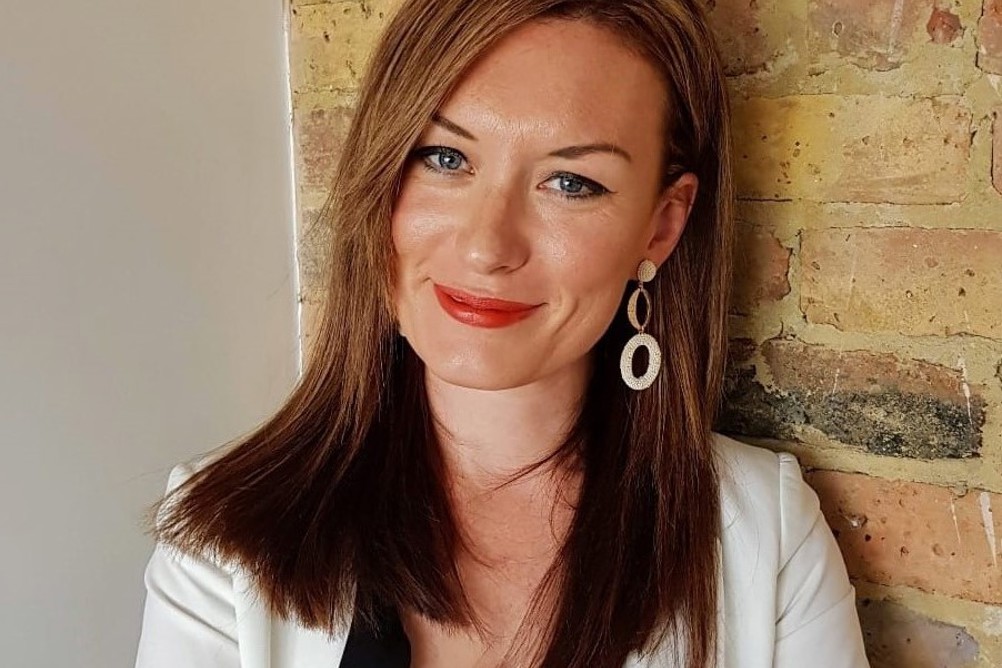
By Olayiwola Balogun – Child Safeguarding experts from social care, policing, health, education and the third sector have provided the UK government, a multi-agency view on cases which they believe raise issues that are complex or of national importance.
Experts are calling on the government to ensure that children at risk of being harmed, both inside and outside their families, are at the heart of its strategies to break down barriers to opportunity.
This comes as the Panel’s latest annual report reveals that 485 children were affected by serious child safeguarding incidents between 1 April 2023 and 31 March 2024. This is when a child dies or is seriously harmed, and abuse or neglect is known or suspected.
The recently announced reforms in the government’s paper ‘Keeping children safe, helping families thrive’ are an important step in the right direction, with plans to implement the Panel’s recommendation for multi-agency child protection teams in every local authority. As the proposal for local multi-agency child protection teams shows, safeguarding children involves many different agencies from across policing, healthcare, education and others. Therefore, it is imperative that the mission-led approach now being promoted across government is carefully connected so different departments work together at a national level.
The Annual Report 2023 to 2024 highlighted 3 specific themes, which reinforce the importance of join-up between different government departments.
Safeguarding children with mental health needs
Over a fifth of children were recorded as having a mental health condition, either diagnosed or undiagnosed. The overwhelming majority of these children were aged 11 to 17, with the youngest being just 6. Distressingly, 92% of all children who died by suicide were recorded as having a mental health condition.
As part of the government’s ‘opportunities’ mission, it is vital that the Department for Health and Social Care, NHS England and other relevant bodies, including local commissioners, work with the Department for Education to ensure there is sufficient and appropriate mental health support available for vulnerable children.
Safeguarding pre-school children with parents with mental health needs
Over half of incidents involving the death or serious harm of a child aged one to 5 involved a parent or relevant adult with a mental health condition. Reviews highlighted that parental mental health was often overlooked as a potential risk factor when considering parents’ capacity to care for their children.
As the new Mental Health Bill progresses through Parliament, the Panel is calling for greater measures for supporting effective partnership working between adult mental health services and children’s services.
Safeguarding children from risks outside the family home
Almost a quarter of serious incidents featured harm perpetrated by adults and peers who were not members of the child’s own family. This includes gang violence, child sexual abuse and child criminal exploitation.
As part of the government’s ‘safer streets’ mission and its commitment to reduce violence against women and girls, there must be joint working between the Home Office and other relevant departments to ensure vulnerable children are not forgotten.
Panel Chair Annie Hudson said: “Our Annual Report looks at the distressing and disturbing stories of many children who have been abused or neglected, inside and outside their families. The Annual Report provides data not only about serious incidents, but also and as importantly, it analyses and reflects on patterns in multi-agency safeguarding practice. This analysis can help us understand what improvements in policy and practice are needed to help keep children safe in the future.
“One of the repeated lessons from analysis of serious incidents, including where children have died because of abuse and neglect, is that agencies must continue to enhance how they work together. Only when teachers, doctors, social workers, nurses, police and other professionals share information together is it possible to understand what is happening in a child’s life and make the timely and sensitive decisions that may be necessary.
“So, too, different government departments must work together to provide strong national leadership. Safeguarding children involves many different government departments, yet, too often, competing priorities get in the way of what’s really needed for children and families. As the government proceeds with its ‘mission-led’ approach, we would urge them to connect the dots and ensure strong join-up to help keep children safe.”
Maria Neophytou, interim CEO at the NSPCC, said: “It is always deeply disturbing to see how many children have died or been seriously harmed as a consequence of abuse and neglect in the last year.
“This report acts as a powerful reminder of the tragic consequences when children’s best interests are not placed at the heart of the decisions that directly affect them, whether by frontline safeguarding partners in health, children’s social care or policing, or by Government officials and policymakers.
“To deliver on its commitment to ‘raise the healthiest generation of children ever’, the new Government must take a joined-up approach to transforming childhoods and tackling abuse and neglect. They can do this by ensuring vital, early help services are more widely available to support families before problems escalate to crisis point and children are harmed.
“It’s also crucial that children and young people experiencing, or at risk of, harm receive a swift, effective, child-centred response from the professionals and agencies that can protect them and support their recovery. That way, more babies, children and young people will be safe and able to grow up healthy and free from the horrific abuse and harm that can damage or even destroy their lives.”









